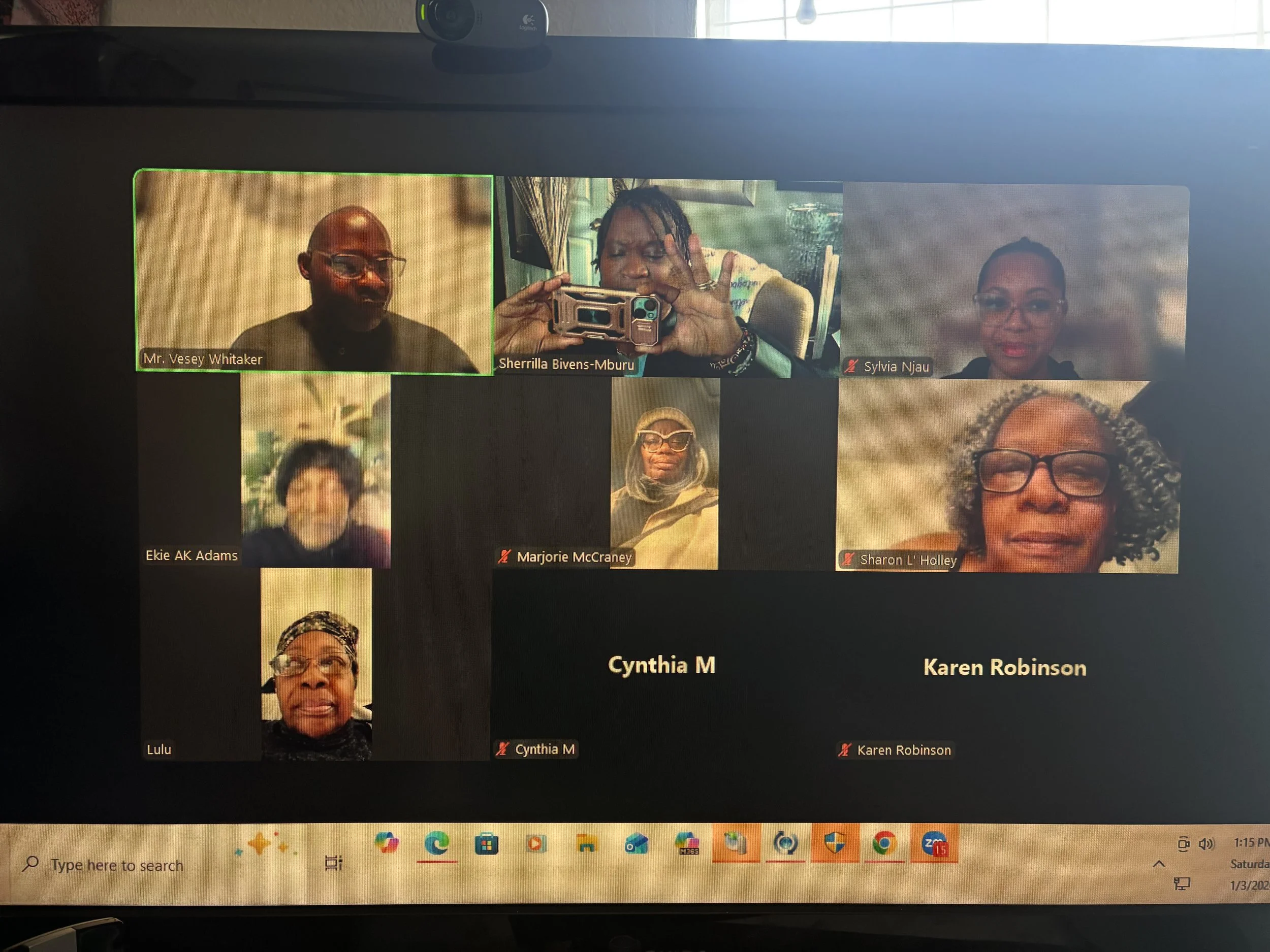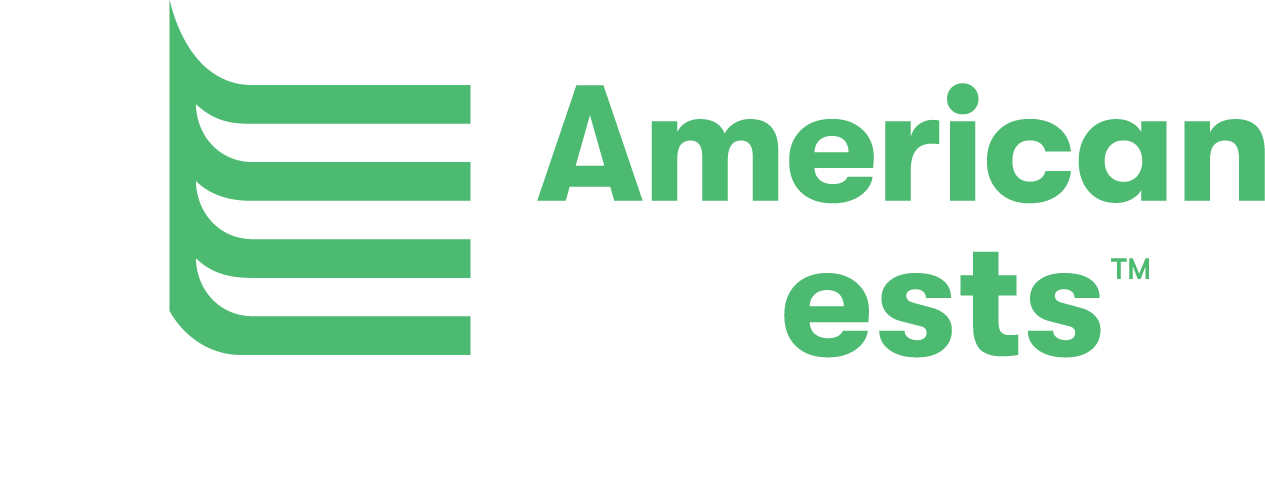Inform others through exhibits and other outreach.
Unlike traditional methods of research, where the persons conducting the study hold all the power, photovoice flips this script by empowering the persons being studied to be co-researchers. This participatory approach generates authentic, real-life data that opens people’s eyes to new possibilities, creates awareness, and becomes a catalyst for change. After participating in photovoice, many participants find they have greater confidence and self-esteem from having had an opportunity to be seen, be heard, and help others.
Join an Upcoming Virtual LEAD™ for Racial Justice Training
Join us on Tuesday, January 27th from 2:00 - 3:30 pm on Zoom for a Know Your Rights webinar on interacting with Immigration Enforcement.
This webinar offers practical guidance for small businesses and nonprofits to understand their rights and responsibilities in the event that immigration agents visit your facility.
Topics covered include:
Rights and responsibilities when interacting with immigration agents
Developing policies to address immigration agent interactions
Tips for navigating raids and assisting your workers and clients should they be detained
Additional Resources: publiccounsel.org/kyr-immigration-resources/
Tuesday, January 27 | 2:00 - 3:00pm PT
What does AI mean for the Climate Movement?
I’ve been talking with climate advocates and other progressive activists and organizers about AI for a few months now, trying to sort out what it means for our movement. I set out to try to separate hype from reality, and while I’ve learned a lot, there’s still a lot we don’t know, both in terms of how this industry will impact us on an environmental and human level, and what it can promise us in terms of opportunities to be more effective organizers, leaders, and communicators.
What I do know is that right now, we still have the power to shape how our movement(s) engage with AI. And so to help equip ourselves with the tools to do that, we’re launching an AI Learning Hub training series this year. Over the course of several weeks, we’ll cover topics from the climate impacts of AI to how to manage its use on your teams, and case studies of how other advocates are using AI in their campaigns to deepen their impact.
But we’re still developing this curriculum, and we want to hear from YOU about what you want us to cover. Got big questions or concerns about AI? Wrestling with how to implement it responsibly? Looking at all the hype and wondering what’s real? Let us know what you want to learn about in this training series!
AI Resources for Climate Advocates
One of the first steps we took in wrapping our heads around AI was to find and compile the best resources for nonprofits grappling with all aspects of AI. We shared some of the best in an AI Resource Hub - and here are some of the links I think are most useful for organizations just starting to engage. This is a living document, so if there’s a resource you think should be added, please email me and let me know!
NTEN’s AI for Nonprofits Resource Hub: If you’re wondering how to approach AI in terms of both governance and ethics, this is probably the best resource, with articles, videos, and templates.
The Whole Whale’s Guide to Generative AI: This is a great place to start to learn more about practical applications of AI. I especially like their guide to writing effective prompts.
DonorSearch has a great rundown of tips for using AI in your fundraising program.
AI Now is doing very powerful research work on the impact of AI and how groups are fighting back against harmful data centers.
And what about AI’s impact on our water and climate?
The growth of AI has an impact on water and climate. My big question is how this will play out in the future. I love our partner The Water Hub’s Issue briefing: AI, data centers, and water, which delves into this issue with a lot of nuance and evidence. Right now, your ChatGPT prompt about a dinner recipe might not be destroying our climate - but the decisions corporations make about where to build data centers and how to power them may be disastrous in the long term. We’ll explore all of this during the training series.
UPCOMING EVENTS:
Online:
On this call, we'll break down the biggest moves from this administration so far—and how our movement is rising up in the courts, in the states, and in the streets. We'll share how trans communities and Medicaid recipients, and so many others, are leading the charge, and share how you can take action and get activated with ACLU People Power.
What: ACLU People Power January Action Call
When: January 27th at 8 PM ET Canceled
New meeting TODAY. Join our call, Eyes on Ice: Document and Record on Monday, January 26th, 2026, at 8:00 pm ET. RSVP for Link. 1/26/26 at 8 PM ET.
Where: On Zoom [RSVP for the linkhttps://www.mobilize.us/nokings/event/891782/
This is the moment to get clear-eyed, grounded, and organized.RSVP now to be part of the call. The next phase of this fight needs you. Notice of Accessibility: The ACLU strives to create inclusive and accessible events that enable all individuals to engage with its programming fully. If you need accommodations to be able to fully participate in this event, please contact info@peoplepower.org.
Let’s work together
Recycle
Repurpose
Reuse
Donations of Reuse items can be dropped @ 4819 S 12th, Tacoma, WA, 10-12
Items currently accepting Clothes, Shoes, Small furniture items, dishes, and household items.
All too often, environmental violations go unaddressed because the system for reporting these issues is fragmented and difficult for Washingtonians to navigate. Different agencies have varying responsibilities and figuring out whom to contact can be difficult depending on the violation being committed.
Our latest report, Lessons from IVAN-Washington, is the culmination of our work with frontline communities that are a part of our statewide coalition, as well as with state agencies and other governmental partners. Together, we came up with recommendations to address the barriers faced by communities when they need to report environmental issues.
Lessons from IVAN-Washington makes the case for a single, statewide environmental violations reporting tool to ensure we can advance equity, environmental justice, and healthy communities statewide.
A big thank you to all who lent their time and energy to engage in the development of this report!
Download the full report, or just read the executive summary in English or Spanish. https://frontandcentered.org/reports/
Poor air quality affects your health.
Learn how you can improve the air—and your health.
Your age, general health, and the amount and length of exposure to smoke determines whether you will experience smoke-related health problems.
When smoke levels are high, even healthy people may experience symptoms.
Smoke can also affect indoor air quality in businesses and buildings like schools, hospitals, clinics, long-term care facilities, and offices.
When smoke levels are heavy outdoors, a large amount of smoke can get indoors, even when you close windows and doors.
Commercial buildings and schools’ air filtration systems draw in the outdoor air. Standard HVAC air filters don’t remove most of the ultra-fine smoke particles. MERV 13, or equivalent, high-efficiency air filters can help remove particulates from the air.
10 ways to improve air quality and protect your health
Sign up for burn ban alerts and abide by them. Know when air quality conditions become stagnant!
Burn seasoned, dry wood to release the least possible amount of smoke. Avoid:
Wet wood—It produces a lot of smoke and won’t burn efficiently.Treated or painted wood—It will produce very toxic chemicals if burned.
Burning cardboard or papers you want to get rid of—Recycle instead.
Dispose of yard clippings properly—Outdoor burning is illegal in most of Pierce County.
Take a break from the driver’s seat when possible—Public transit, carpool, biking or walking can be an enjoyable way to reduce emissions.
Combine errands to save gas—Reduce exhaust fumes if you need to drive.
Be idle free—Switch off your car when you idle for more than 10 seconds.
Slow down when you drive and keep a consistent foot on the gas—Speeding and slamming on your brakes wastes fuel.
Keep your vehicle’s engine and tire pressure in top condition—A well-maintained vehicle produces less pollution.
Avoid garden tools that run on gasoline—A push or electric mower doesn’t pollute like a gas mower.
Be mindful of spillage when filling your gas tank.








